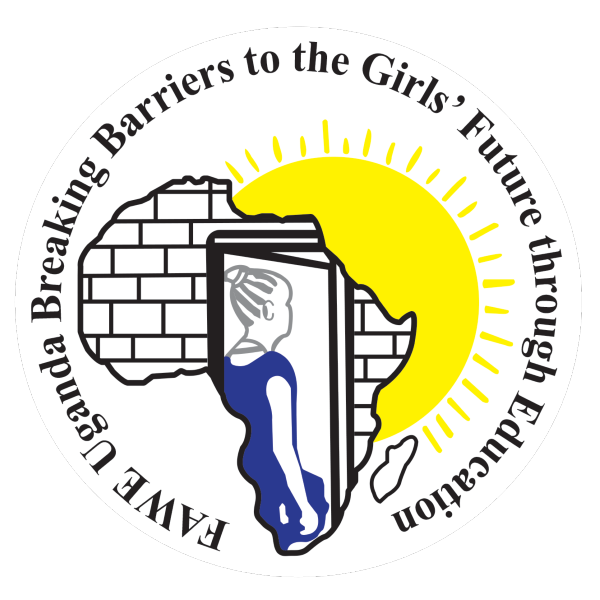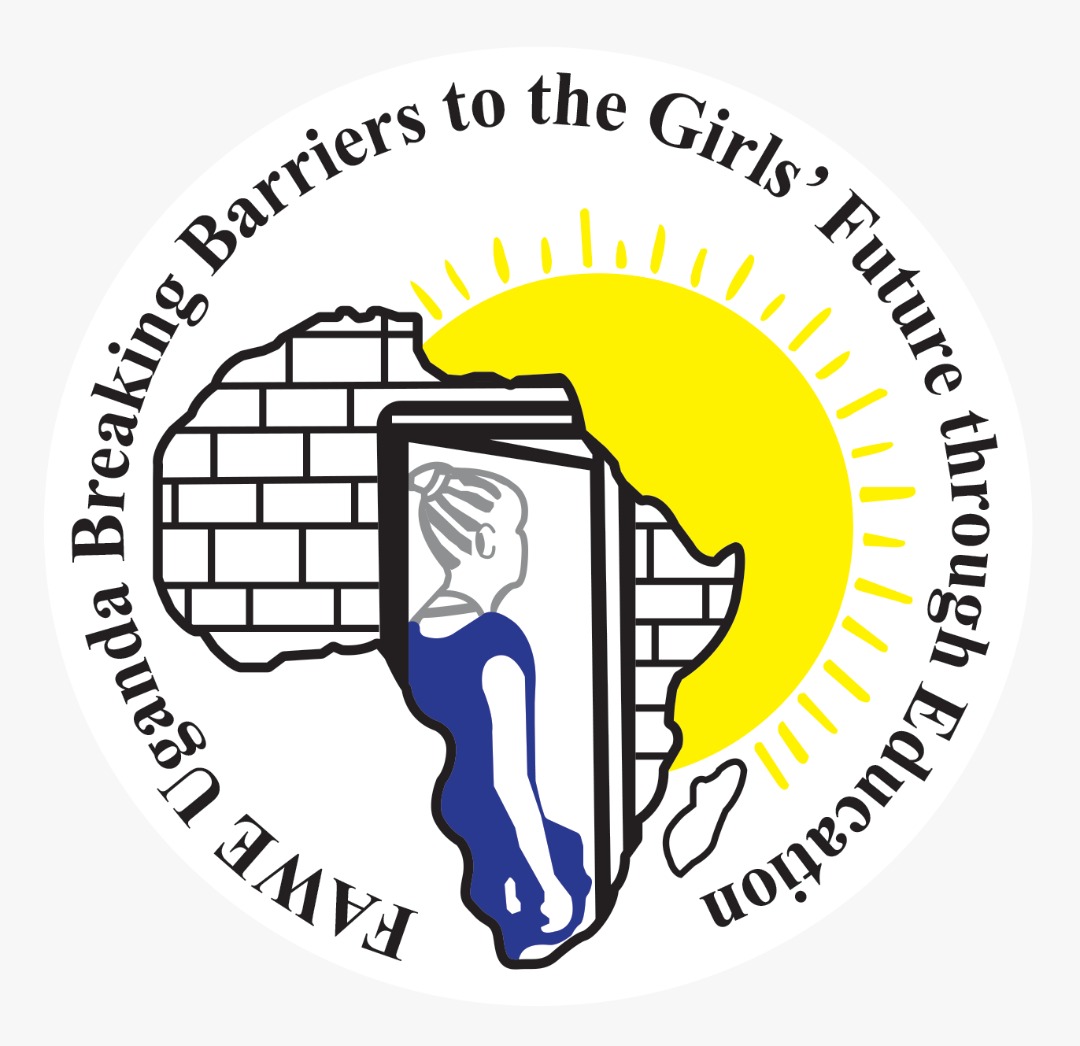The Sexual Health and Reproductive Education (SHARE)
- Home
- SHARE
The Sexual Health and Reproductive Education (SHARE) program, funded by Global Affairs Canada, will be implemented as a consortium led by Right To Play, in partnership with WaterAid, the Forum for African Women Educationalists (FAWE) and FHI 360.1 This program, due to start in April 2021 (TBC), will operate in Ghana, Mozambique and Uganda and will use a gender-transformative and rights-based approach to improve the reproductive health of adolescents, particularly girls and young women. The program will leverage the four unique areas of expertise of the consortium members – RTP’s Gender-Responsive Play-Based Learning approach, WaterAid’s expertise in WASH (Water, Sanitation and Hygiene), FAWE’s strong experience in advocacy and policy change, and FHI 360’s girl-focused health service and empowerment methodologies.
The five-year, $36.69M CAD2 program will work with 425,987 girls and boys aged 10-24, both in and out of school, to empower them to demand better sexual and reproductive health care. The initiative will also work with Community Health Workers and Health Care Facilities to ensure their services are adolescent-friendly and gender-responsive, and engage community members in activities to increase support for adolescents and young people to access SRHR education and gender-responsive services. The program will work across multiple government partners, notably ministries of health, ministries of education and ministries of water. There will be minor construction activities in this program, consisting of rehabilitation works within schools, communities and health care facilities to ensure functional WASH systems in targeted sites.
Expected results:
Increased equitable use of gender-responsive sexual reproductive health information and services by adolescents and young people, particularly girls and young women in Uganda, Ghana and Mozambique
Improved delivery of quality, gender-responsive, inclusive services to address sexual reproductive health needs of adolescents and young people, particularly girls and young women
Enhanced social action by key stakeholders, especially adolescent girls and young women, to advocate for gender-responsive SRHR services and policies

